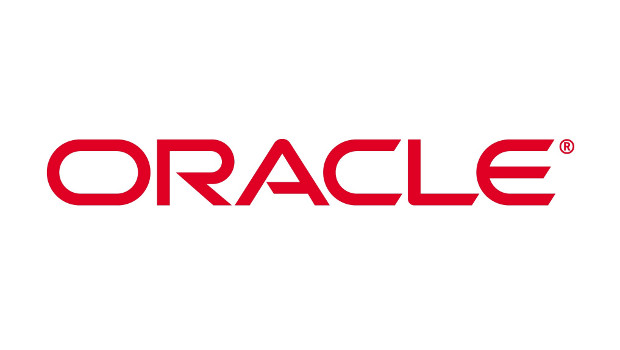Oracle will allow customers to convert money they are now spending on annual support for on-premises into software subscriptions for its software as a service (SaaS) applications, in a bid to block defections to competitors such as Workday and Salesforce.com.
Dubbed Customer 2 Cloud, the program lets Oracle customers using its on-premises human capital management (HCM) and customer relationship management (CRM) software switch over to cloud versions. E-Business Suite, Siebel, PeopleSoft and JD Edwards EnterpriseOne customers are eligible.
Customer 2 Cloud also incorporates Oracle’s Cloud Express rapid implementation services. Packaged integrations between on-premises and cloud applications are also available, allowing for hybrid deployment models.
The programme also gives customers “a practical path for extending their on-premise applications with high value cloud applications, versus wholesale replacements,” Oracle said in a statement. One scenario could see a PeopleSoft HCM customer taking some unused licenses and swapping them out for Oracle’s cloud-based talent management software.
Oracle’s move follows a similar one last year by SAP, which is also trying to grow its cloud business quickly and keep on-premises customers in the fold.
Customer 2 Cloud may be a response to competitive pressure, but it is also good for customers, in the view of one observer.
“Many customers need a defined methodology to go from on-premises to cloud,” said analyst Ray Wang, founder and chairman of Constellation Research. “Basically, the feedback from customers not in the cloud was, how do we get there most easily?”
Customer 2 Cloud also provides “a fast way to [turn] shelfware into cloudware,” said analyst Holger Mueller, vice president and principal analyst at Constellation.
This is important to vendors such as Oracle, who do not want on-premises customers considering updates or changes to their software portfolio conducting a request for proposals (RFP), according to Mueller. “It’s a proactive way to get more customers live [in the cloud],” while bypassing long sales cycles that have uncertain outcomes, he said.
Chris Kanaracus, IDG News Service








Subscribers 0
Fans 0
Followers 0
Followers